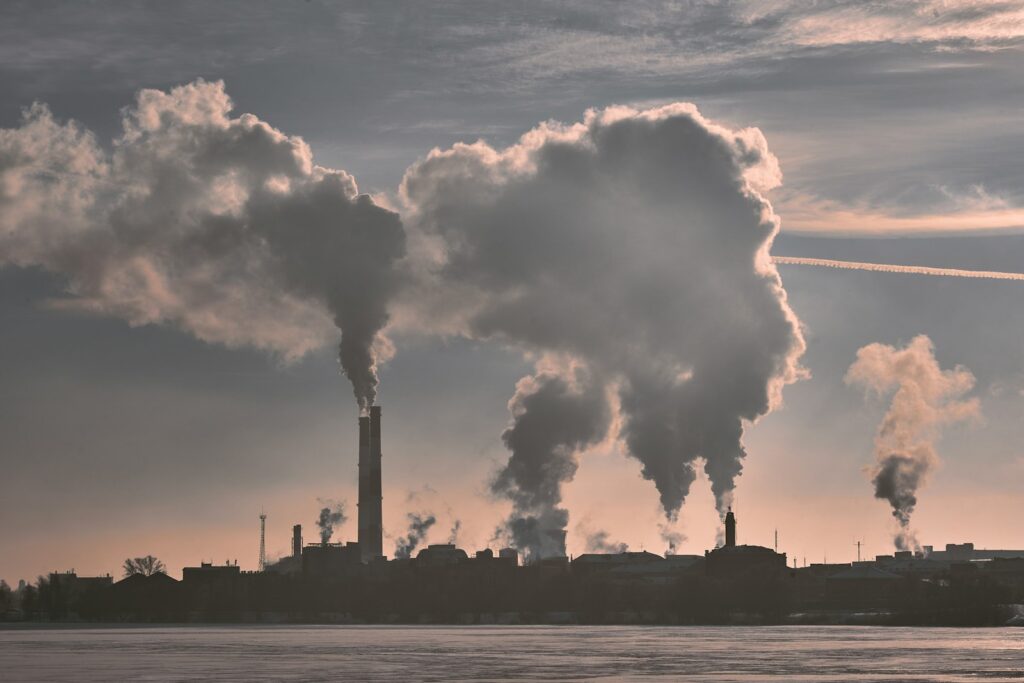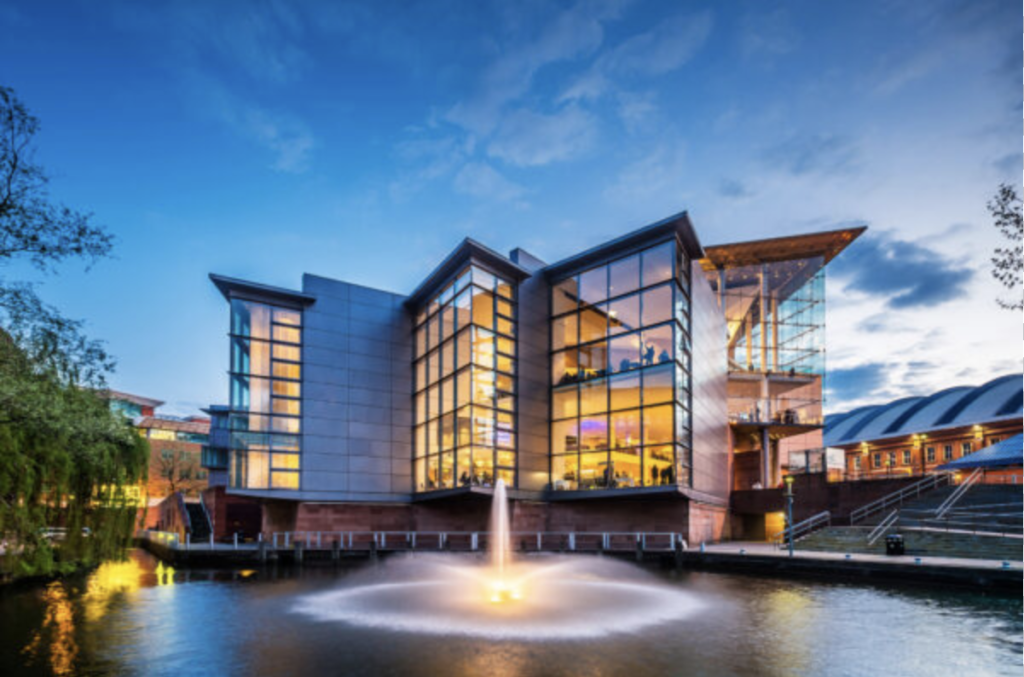Nestlé has announced that they will invest £1.5bn to the development of new recyclable and sustainable packaging.
The Swiss food and drink company has also pledged to reduce its use of single-use plastics by one third, whilst also working with other companies to help create a circular economy.
A circular economy is one in which resources are kept in use for as long as possible and then at the end of their life, the resources are regenerated into new products and materials.
To create this economy, Nestlé will source up to 2 million metric tonnes of food-grade recycled plastics and will invest £1.5bn to pay a premium for these materials between now and 2025.
Mark Schneider, CEO of Nestlé, said: ‘Making recycled plastics safe for food is an enormous challenge for our industry.
‘That is why in addition to minimizing plastics use and collecting waste, we want to close the loop and make more plastics infinitely recyclable.
‘By eliminating the plastics we don’t need, innovating in areas like reuse models and new materials, and circulating the plastics we do need, also in more challenging food-grade applications, we can create an economy where plastic never becomes waste.’
However, Nestlé has come under criticism in recent years for its role in the global plastic problem.
An international audit conducted by Break Free From Plastic (BFFP) revealed that Nestlé packaging was one of the most common polluting plastic items found around the world.
Matthias Wüthrich, senior campaigner at Greenpeace Switzerland, said: ‘It is encouraging that Nestlé has finally committed to reducing its reliance on plastic and is recognising its dependence on fossil-fuel derived plastic is contributing to climate change.
‘Reducing single-use plastic should not mean that Nestlé turns to false solutions such as recycled content and material substitutions. If Nestlé wants to stop polluting the world, it needs to end its reliance on plastic.
‘Nestlé must prioritise reuse and eliminate single-use packaging altogether instead of doubling down on the recycling myth.’
Photo Credit – Pixabay














